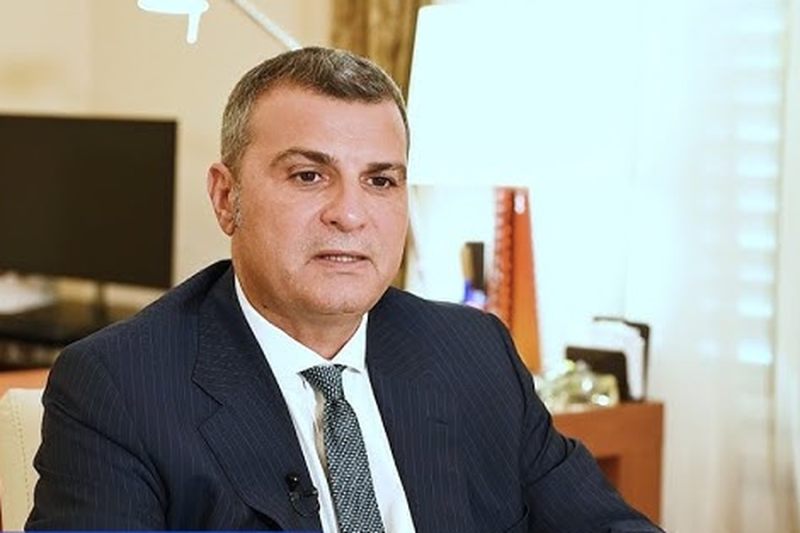Low Productivity and Aging, Major Challenges
The Governor of the Bank of Albania, Gent Sejko, said on Thursday during a conference organized by "Luarasi" University, that Albania's perspective remains positive.
However, according to him, one of the biggest challenges for the Albanian economy is improving productivity and achieving a level of competitiveness comparable to that of developed European countries.
He said that, despite the improvements so far, Albania still has work to do to have an economic structure oriented toward sectors with high-added value.
“First, one of the biggest challenges for the Albanian economy is improving productivity and achieving a competition level comparable to that of European advanced countries. Despite the improvements achieved so far, Albania still has to work for reaching an economic structure oriented toward high-value-added sectors,” Sejko said, adding that second, the aging population and the elevating shortages of the labor force is a complex challenge with consequences on the Albanian economy as well as on the European and global economies. He noted that this process affects both the labor market and the long-term prospects for economic growth and the sustainability of the pension system and public debt.
“Third, another challenge is the impact of climate change on vital sectors such as agriculture and tourism, which are sensitive to it. These two sectors, in addition to directly affecting the economic activity and employment, represent also a great potential for the development of the Albanian economy in the future,” Sejko said, adding that an integrated approach coupled with a strategic vision is needed to address these challenges.
Furthermore, in this context, Sejko suggested that the country should undertake certain steps. “First, investments in the modernization of physical and digital infrastructure, the development of scientific research, the updating of managerial philosophy and practices, and the improvement of the business climate in all its dimensions will enhance productivity and help to tackle the increasing competition, in national level as well as in both regional and global levels,” Sejko said.
“Second, investments in the development of human capital, through the improvement of the education system and the creation of specialized programs for vocational training, is crucial for empowering human capital. Creating incentives for the return of the diaspora and improving working conditions will help curb the emigration of young people and create an environment that encourages them to build their future in Albania,” the governor noted.
“Third, the optimum utilization of the country's natural resources, including energy, mineral, agricultural, and tourism resources, requires a planned and coordinated strategy to avoid adverse consequences. This strategy must further guide public development policies, entrepreneurial and financial resources of the private sector, as well as an efficient distribution of banking credit flows,” he added.
Sejko highlighted that the implementation of these measures requires close cooperation between the public and private sectors. “Each actor should contribute in their area of expertise, within legal frameworks and with a common approach, to ensure that these initiatives succeed. The academy plays an outstanding role in this regard. To this end, I find it appropriate to commend "Luarasi" University for its valuable contribution to the education of the new generation, transforming in a short period into a prestigious institution of professional education," Sejko said.













